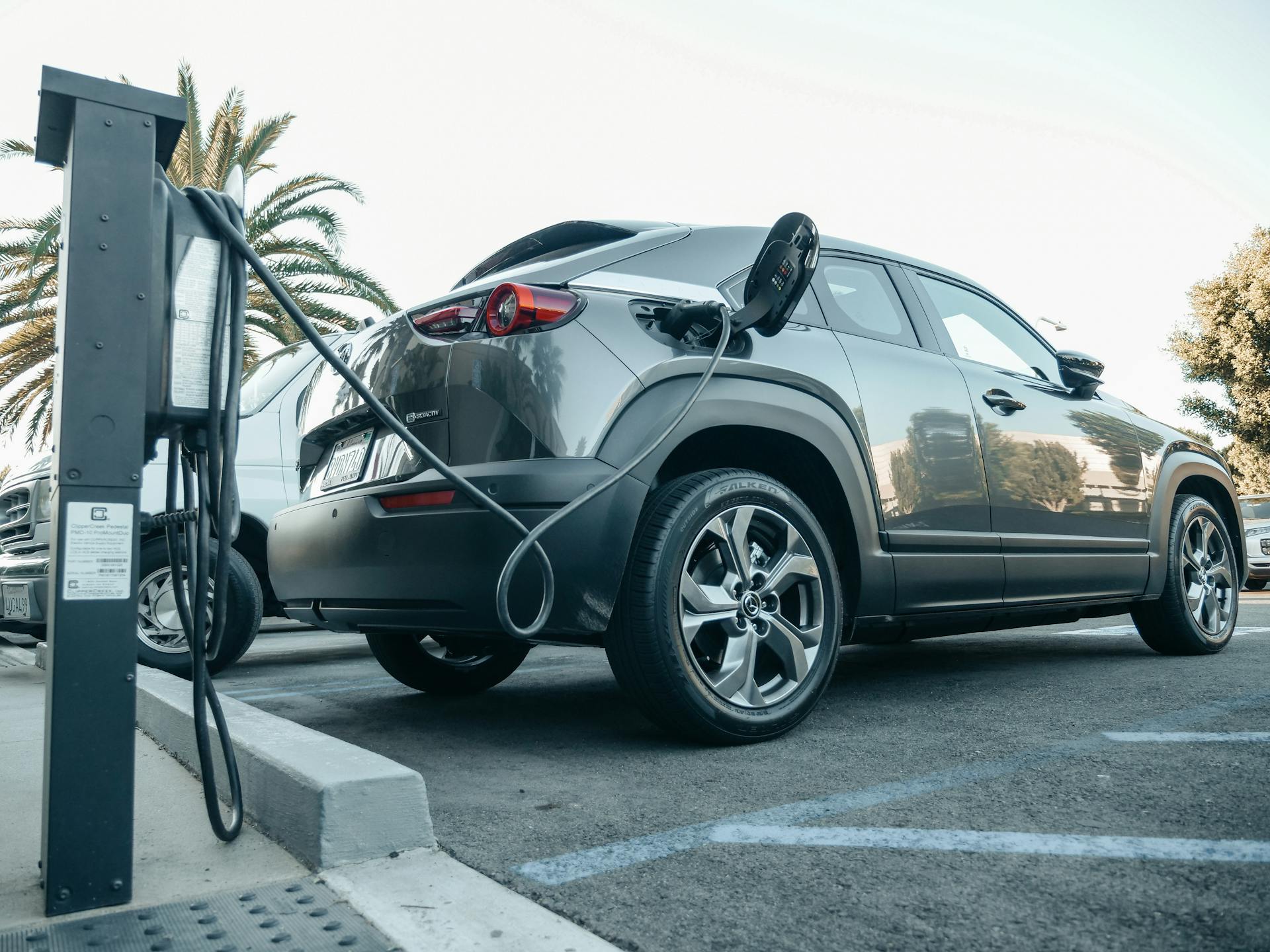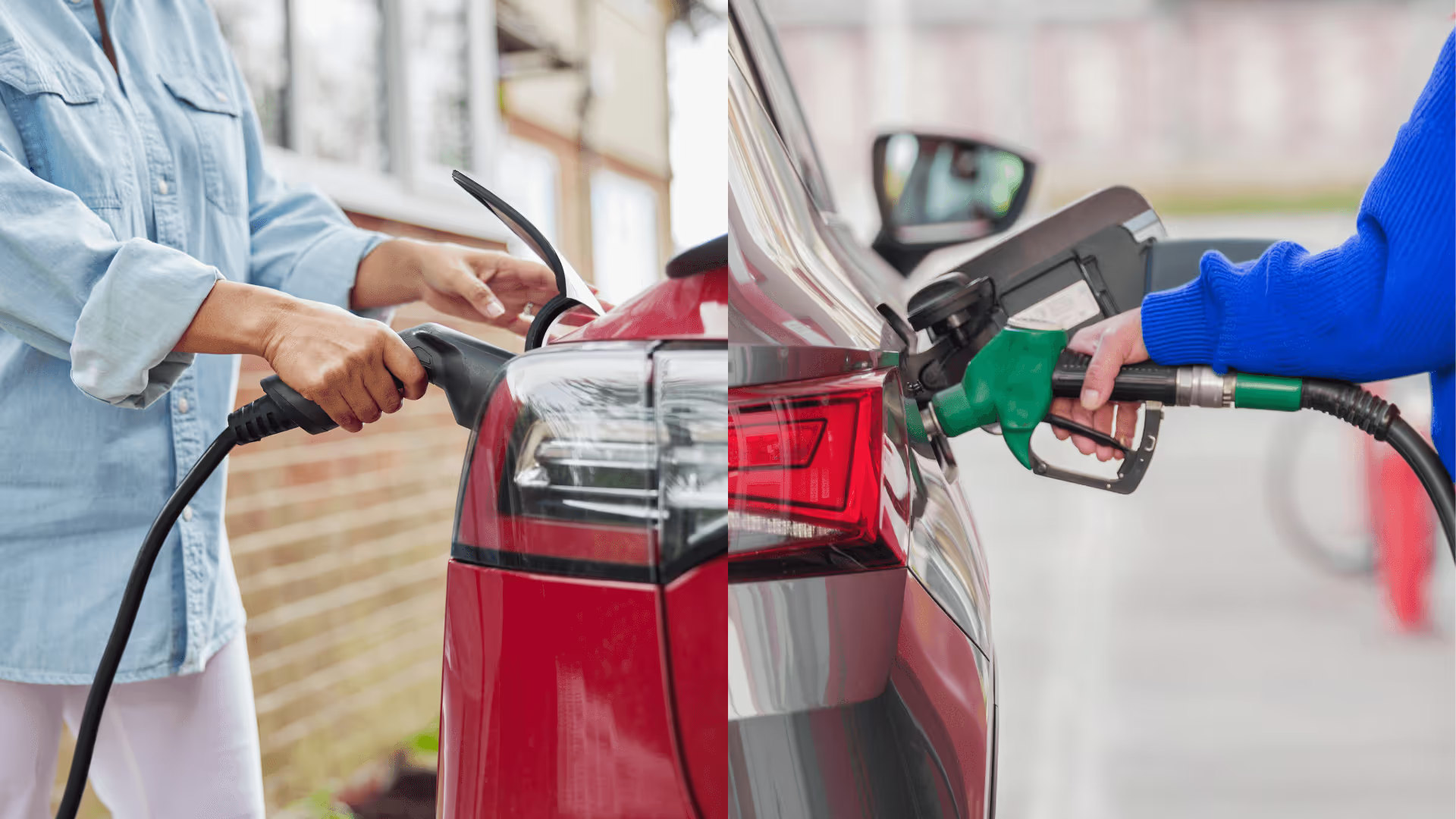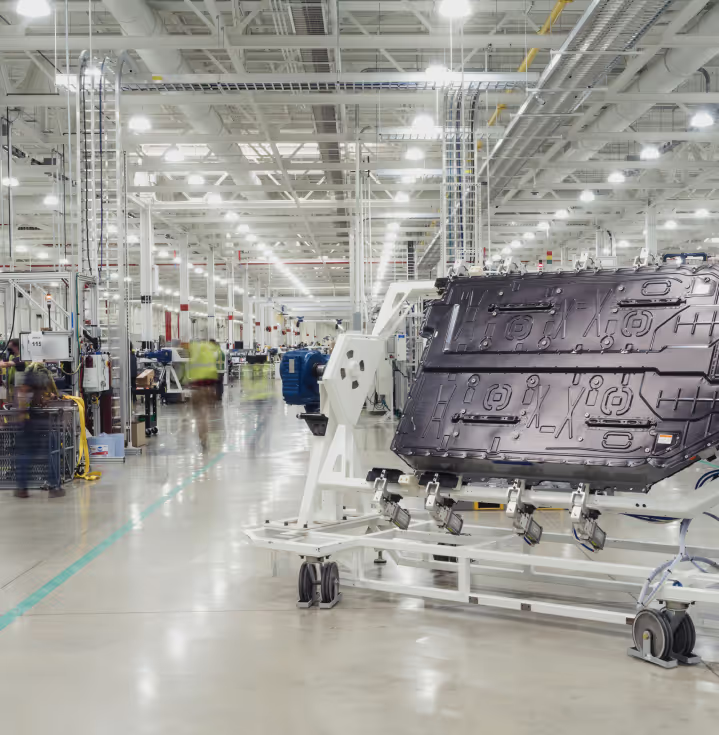Why Electric Vehicles?
Job Creation
The U.S. electric vehicle and battery supply chain is creating hundreds of thousands of jobs for American workers here at home.
Economic Growth
Building a strong domestic EV and battery supply chain can drive economic development, reduce our dependence on other countries, and ensure our global manufacturing competitiveness.
Real Savings
Investments in the U.S. electric vehicle and battery industry are driving down costs for American consumers and businesses.
Introducing the ZETA Policy Platform.
ZETA’s Policy Platform is designed to support EV adoption, build a robust domestic supply chain, and create American jobs.
See Policy Platform
Mission
We are a first-of-its-kind coalition committed to cleaner transportation.
About ZETA
National policies to support the electric vehicle supply chain.
The Zero Emission Transportation Association (ZETA) is a federal coalition focused on advocating for the advancement of the electric vehicle supply chain. ZETA is committed to enacting policies that drive EV adoption, create hundreds of thousands of jobs, and maintain American EV manufacturing dominance in global markets.










.avif)
%402x%20(1).svg)
%402x%20(1).svg)
